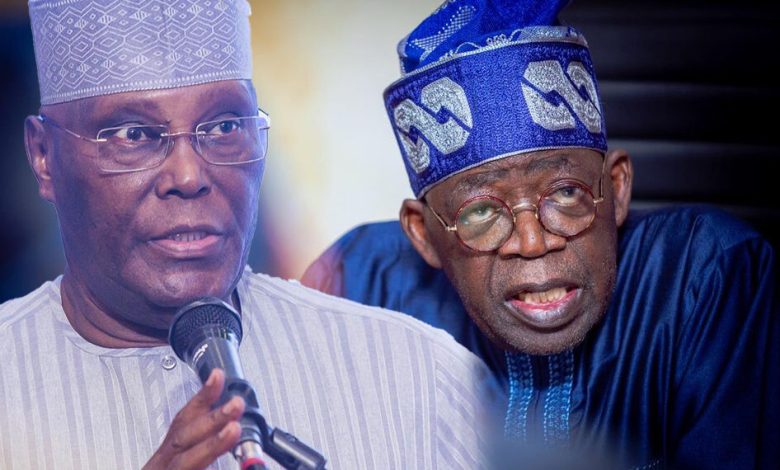
As the Presidential Elections Petitions Court verdict is pending, Atiku Abubakar, the PDP presidential candidate, is pursuing legal action in a United States court regarding President Bola Tinubu’s victory.
Following the February 25 poll, Tinubu emerged as the winner with 8,794,726 votes, according to the Independent National Electoral Commission.
Atiku Abubakar and Peter Obi of the PDP and Labour Party secured second and third place with 6,984,520 and 6,101,533 votes.
Former Kano State governor and presidential candidate of the New Nigeria People’s Party, Rabiu Kwankwaso, came in a distant fourth after garnering 1,496,687 votes.
Showing their displeasure with the conduct of the exercise, the duo of Atiku and Obi filed petitions against the declaration of Tinubu, citing, among other things, the failure on the part of INEC to conduct the polls in substantial compliance with the Electoral Act, 2022.
While Obi and Atiku are both challenging Tinubu’s eligibility to run for office in the first place, Obi anchored his argument on the fact that the former Lagos State Governor forfeited a total sum of $460,000 in the US in a drug-related case and also failed to secure 25 per cent of votes cast in the Federal Capital Territory.
On July 11, Atiku took it further as he filed a petition seeking more information about Tinubu’s academic records at Chicago State University.
Documents sought by Atiku, through his attorney, Angela Liu, include records of Tinubu’s admission and acceptance at the university and dates of attendance, including degrees, awards, and honours he obtained while studying at the American varsity.
Atiku informed the court in his petition that Tinubu’s subpoena was to test the truth and establish the correctness of his claims, adding that he is currently the President of Nigeria but faces a legion of petitions concerning his election and the authenticity of documents relating to his attendance at Chicago State University.
However, President Tinubu filed a motion to quash the subpoena before the Circuit Court of Cook County, Illinois, Chicago, USA, against a fresh petition by Atiku.
Nigeria’s president, through his counsel, Victor Henderson, on July 19, asked the court to strike out Atiku’s petition, arguing that no judge of the court heard and granted Atiku the subpoena.
Tinubu argued that the petition was invalid for providing only six days for compliance, less than 14 days provided under Rules 219 and 137 of the Illinois Supreme Court Rules.
In his words, the PDP chieftain engaged “in an improper fishing expedition about a foreign public official utilising the Illinois court’s subpoena power.”
With many Nigerians wondering about the necessity or otherwise of going as far as the US in search of justice, a human rights lawyer and Senior Advocate of Nigeria, Mike Ozekhome, has described Atiku’s move as a good development.
“It is a good development. The matter at issue is an international issue. It was the right thing to do,” he said.
Taking a different position is constitutional; lawyer Kennedy Khanoba argued that only a little might come for Atiku unless the US court convicts President Tinubu.
